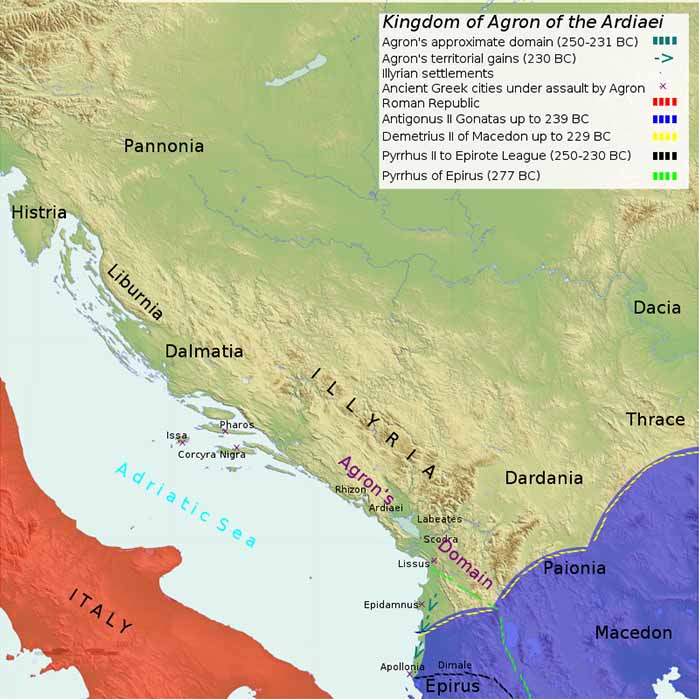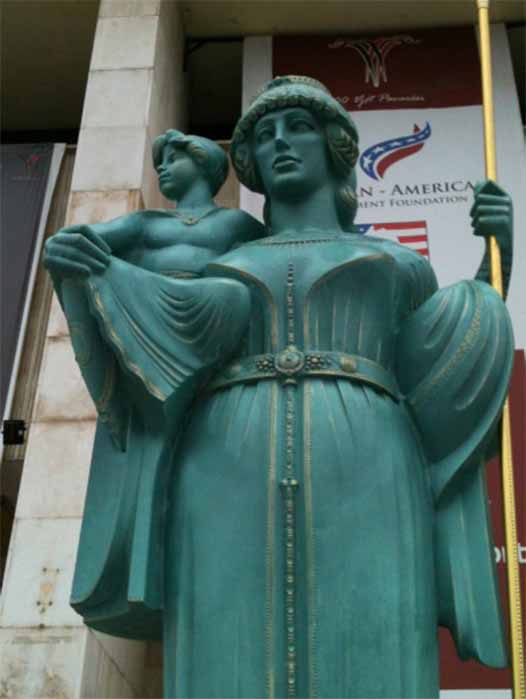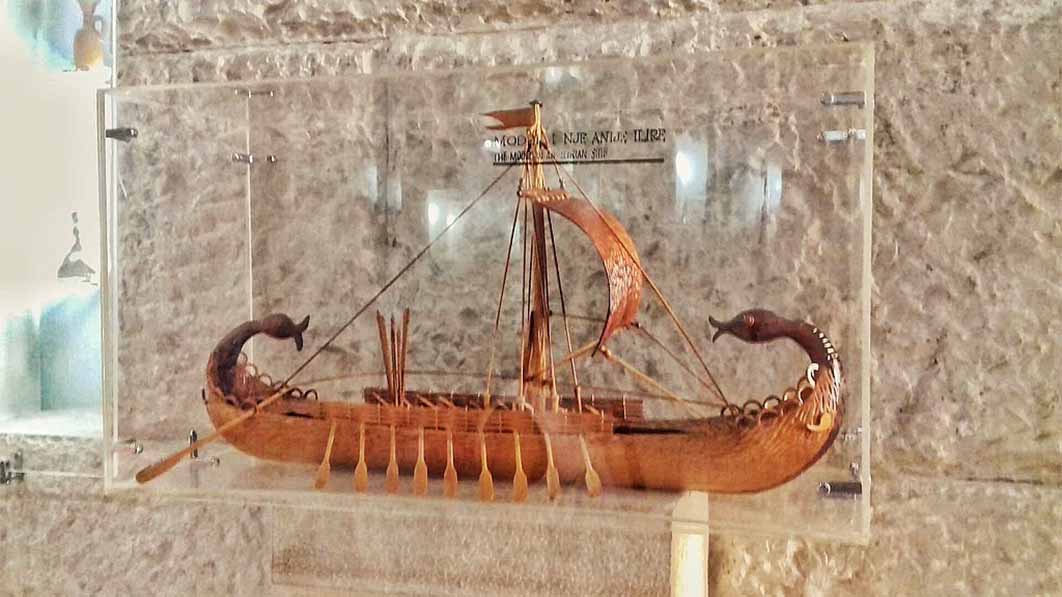
Historians’ Gender Bias Accounts Of Illyrian Queen Teute’s Roman Encounter
In a clash of ego’s Teute, a third century BC widowed queen regent of the Ardiaei tribe of Illyria, faced off a Roman envoy, who challenged her policy on piracy, yet historians Polybius’ and Cassius Dio’s gender bias labelled her rage towards the Romans’ arrogance as female weakness, which, in their opinion, justified the First Roman-Illyrian War.

Kingdom of Agron of the Ardiaei and neighboring kingdoms (MaryroseB54/ CC BY-SA 4.0)
Located in western Europe's Balkan Peninsula, Illyria corresponds to modern-day Croatia, Bosnia and Herzegovina, Slovenia, Montenegro, Kosovo, Serbia, and Albania. Despite several notable ancient tribes in the region, it was the Ardiaei, centred on the coastal part of Illyria, who rose to prominence during the third century BC. From 250 to 231 BC, the Ardiaean Kingdom expanded, led by King Agron, son of Pleuratus II, the founder of the Ardiaean Kingdom and the Ardiaean Dynasty, that ruled over much of the Adriatic coast for the next century. When Agron became king, he strengthened the Illyrian navy in the Mediterranean Sea and expanded his control all along the Adriatic coast. This approach was evidently successful as his kingdom rose to prominence, culminating in a decisive victory over Greece's Aetolians in 232 or 231 BC. Delighted by his victory, Agron celebrated his triumph with so much drinking and other vices that he suffered pleurisy and died in 231 BC.

Modern statue of Teuta with her stepson Pinnes in Tirana, Albania (CC BY-SA 3.0)
Agron had two known wives, Tritueta and Teuta, and one infant son from Tritueta, whom he had divorced. His infant son, Pinnes, succeeded him and was recognized as king for the next 13 years. Agron’s second wife, Teuta, acted as a regent for Pinnes and sat on the Ardiaean throne. Teuta proceeded to continue her husband’s expansionist aspirations by focusing on the prosperous cities of Dyrrachium and Phoenice, both of which she eventually conquered. However, Teuta’s most feared forces, probably even more than her powerful navy, were the Illyrian pirates. It was also inadvertently the Illyrian pirates who would be the cause of her downfall.

Model of an Illyrian ship called lemb (A.jobs02/CC BY-SA 4.0)
Piracy: A Respectable Business
Piracy and seafaring in the ancient world, was practiced on a relatively simple tandem principle. As merchant ships were usually overloaded and needed to be seaworthy at all times, they always hugged the coast lines to help with navigation, however the downside was this positioning made them easy prey for pirates to pillage them. Pirates frequently lurked in inlets or on islands along a sea route and pounced on a merchant ship before it could react. Although there was always a potential for shipwrecks and piracy to occur, maritime trading had always been profitable, so traffic in sea channels was active and pirates were tolerated. Conversely, defending oneself and one’s ship against pirates was a challenge in itself as the pirates almost always outnumbered their prey, and punitive measures were difficult and costly, necessitating often-unsuccessful efforts by a military navy to hunt and punish them.




